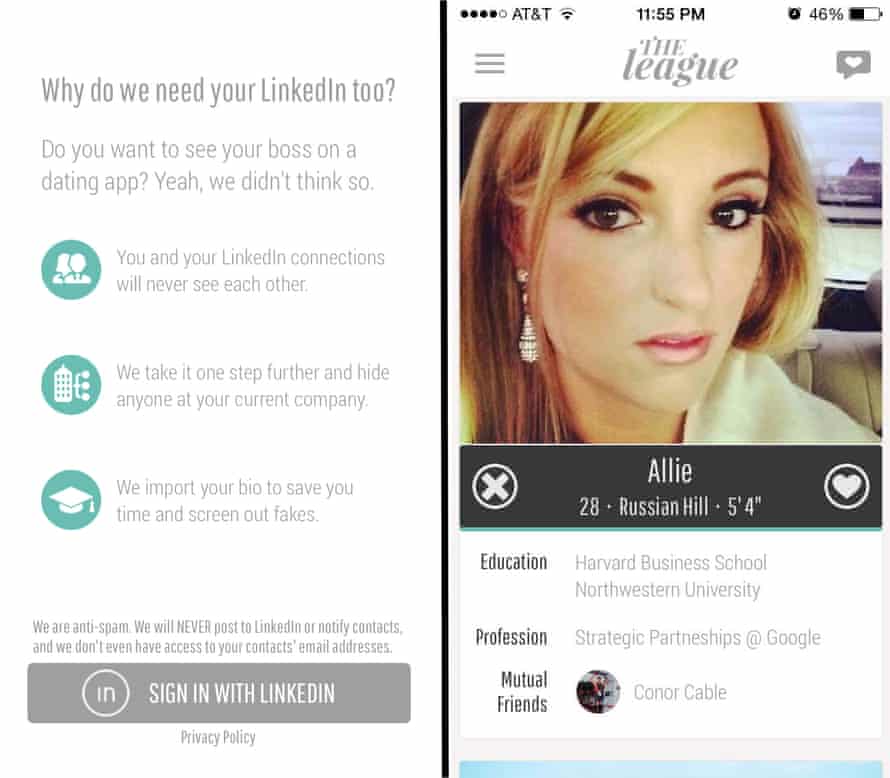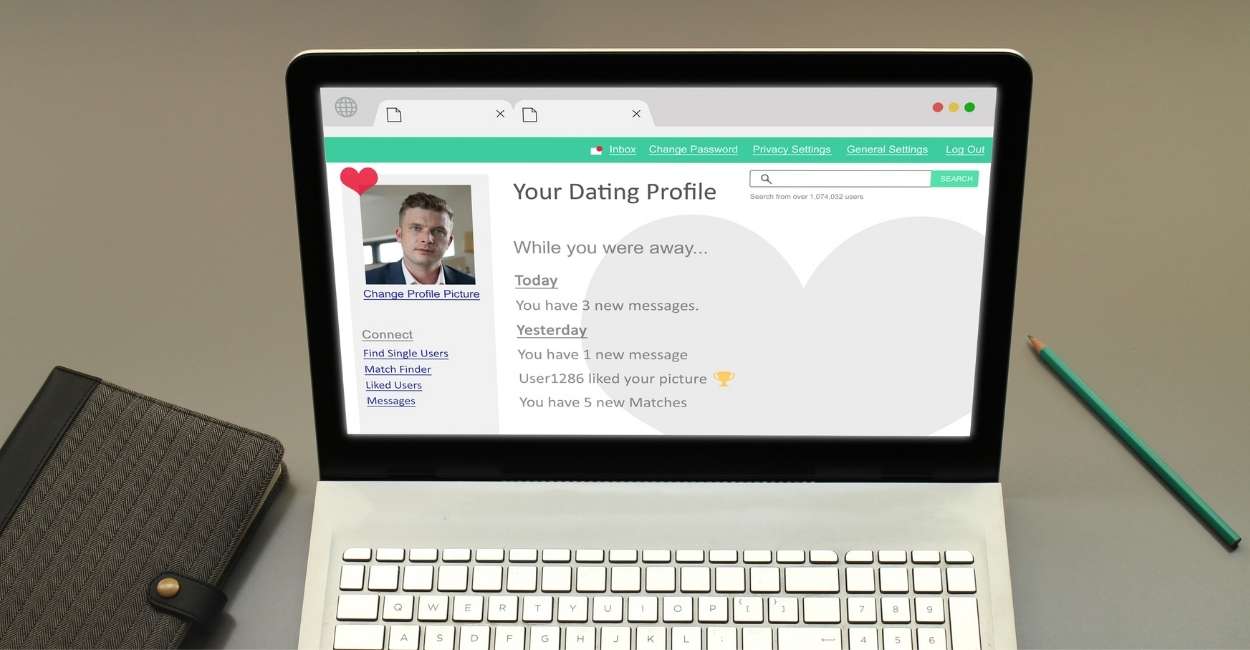
A number of signs indicate that a relationship is unhealthy. A lack of respect, controlling behavior and ineffective communications are all signs of an unhealthy relationship. While you may not experience all of them immediately, you can recognize a problem with one of these behaviors. Once you realize that you are in an unhealthy relationship, you should immediately work to change your behaviors and repair your relationship.
Communication is ineffective
Communication problems between people are one of the leading causes of conflict in relationships. It's also a major source of conflict in the workplace. Inadequate communication between coworkers can adversely affect job performance as well as team goals. Effective communication between co-workers can have a negative impact on job performance and team goals.
Understanding your partner's perspective is key to improving communication skills and resolving conflicts in a relationship. This way, you can find ways to avoid miscommunication. It is important not to put pressure on your partner and speak in a judgmental or harsh manner. Be positive and open about your feelings.
Ineffective communication begins with difficult thoughts and emotions. Remember that words reflect only your thoughts. Be aware of how you feel when you talk. Be aware of what you're feeling when you talk. It is your inner view that decodes the messages. Paraphrasing can clarify your message and prevent misinterpretations.
Lack of respect

It might be time for you to seek help if your relationship lacks respect. Lack of respect can be a sign of underlying problems, affecting your mental health and your self-concept. A counselor can help you understand the underlying problems in your relationship, and help you find ways to resolve them. The Bonobology panel of licensed counselors is available to help you.
Respecting your partner is often a sign of disrespect. A relationship where your partner doesn't respect your space and needs is disrespectful. Resentment and inability of compromise can be signs that your partner is not considering you.
It is essential to communicate clearly and establish boundaries in order to restore healthy respect within a dysfunctional relationship. Disrespectful behavior may lead to misunderstandings or name calling. It can also lead to psychological dependence.
Controlling behavior
Controlling behavior can be a sign that a couple is struggling. Controlling partners can try to control you by trying to convince you not to say yes, argue with you about what you should do, or break your physical boundaries. This behavior may be a defense mechanism or an attempt to deal with a strained inner world.
Controlling behavior can lead to people believing they are right, even though they may not be. People with controlling behavior can become angry about things that occurred when they weren't there. This may even lead to physical violence. This controlling individual may be suffering from OCD, or fear of losing control.

Controlling people is often a way to assert their power. Their behavior is domineering, intimidating and often unintentionally destructive. Although they may be a friend, family member or colleague who is controlling, the problem lies in their use of manipulation to gain control and power over others. Controlling people is detrimental to healthy relationships.
Inadequacy of autonomy
An absence of autonomy can indicate many problems. It can hinder one's ability pursue basic interests such as self-actualization. Autonomy as a virtue is essential to fight oppressive relationships. If autonomy is a priority for you, it's essential to create relationships that foster and protect it.
One study showed that victims of repeated physical and psychological violence were more likely develop learned helplessness. This affects their agency. This condition could be a major factor in the loss and reduction of autonomy that can result from IPV. There are a variety of rehabilitative options that can be used to help individuals regain autonomy, self-efficacy, and their independence.
Relational autonomy theorists stress the role of affectivity in relational relationships. It demands a rethinking the binary between rationality, affectivity, and the co-construction important capacities of autonomy. People, institutions, and social norms all co-construct these capacities.
FAQ
How can i stop being jealous of my ex boyfriend's new girlfriend.
Jealousy is never a good idea. It's dangerous and it can lead to serious health problems.
Jealousy is like poison. Once you swallow it it begins eating away at the inside. It will make you angry and cause you to lose your temper. You will lose your sleep over something that doesn’t even matter. You'll waste money on useless stuff.
And worst of all, you'll begin to believe that you are no longer worthy of love.
It is important to realize that jealousy does not always have to be bad. Sometimes jealousy can be healthy. It's normal to feel anxious about losing someone or worried that they might leave you.
When jealousy is excessive and causes us to think in ways that harm ourselves and others it's time for help.
There are many types of therapy. Some focus on helping people learn better coping strategies. Others will help you manage your emotions better. Others focus on helping you communicate better.
Whatever type of therapy you choose, make sure that it helps you deal with your jealousy rather than making it worse.
How to tell if someone is serious about having a relationship or not?
If she says yes, you say yes too. If she responds no, you also say no. If she responds yes, you will ask her again. If she replies no, you ask her again.
That's the way it works. So is life.
But it's not just that. There's more to it than this because you'll learn a lot more about yourself when you learn whether someone really is serious.
It will tell you if your heart is ready for love. You will discover if love is something you can afford. You won't find out if it's time for you to get married. This will let you know if your are ready to settle down.
It is crucial to have these information early on in your life. They will assist you in making better decisions later. This is how you can tell if someone truly wants to be in a relationship.
Take a look at their body language. Do they stand close to your face? Do they seem interested to see you? What do they do when you look at them? Do they smile or do they laugh? Do they laugh? Do they nod their heads? Do they lean towards you? Do they reach out to you?
Second, pay attention to what they are saying. Is he sincere? Is he telling the truth? Does he mean what he says?
Third, take note of his actions. Does he show interest in you? Does he spend time talking to you? Does he pay attention to you? Do you get complimented? Does he share personal details about himself? Does he invite you places? Does he call you? Does he send gifts?
Fourth, watch him closely. If he is lying, watch out. Pay attention to inconsistencies that may exist between what you hear and what you see.
Take into account the timing. Was he genuine today or yesterday? Was he consistent in his behavior last week? Are his actions consistent?
Answering these questions will help you determine if he's serious.
How do you handle an abusive relationship?
You have to act to ensure that you don't get back into this mess again.
Learn to manage rejection and disappointment.
You also need to know what you want for yourself now.
If you're going to change anything then you must immediately decide what you're going to do different.
Setting goals is essential in order to work towards them.
You need to stop blaming others and start taking responsibility for your own actions.
You need to find ways to cope with stress and anxiety.
Accept the fact that not all people will get you.
You must also learn to forgive yourself.
Statistics
- But Gottman's research shows that three years into a relationship if you're not arguing at all, you're much more likely to find yourself arguing in divorce court. (time.com)
- Meanwhile, a 2010 study of twenty-three thousand married couples found that the similarity of spouses accounted for less than 0.5 percent of spousal satisfaction. (time.com)
- Why Relationships Matter Find a therapist to strengthen relationships With the national rate of divorce hovering close to 50 percent, people understandably wonder how they can make a relationship last. (psychologytoday.com)
- It's less than 1% of the variation in overall marital satisfaction. (time.com)
External Links
How To
Tips for your first date
First date is always a memorable moment in a person's life. It's a moment of excitement and anticipation. You want to impress and make your date feel special. You want to show her just how much you love her and how beautiful she really is. What if you try everything and fail to impress her? What if you fail to impress your lady and end up making a fool of yourself?
We take the first date as one of our most important moments in life. It can take hours to plan what to wear, what food to order, and how we will act around our date. All these factors contribute to the success of this event. However, there are some things you need to know before you go on your first date.
-
Be prepared. You should be mentally prepared before you go on your first date. It is important to think beyond the date. Think about what you want to share during the conversation. Talking calmly will help you avoid getting distracted and nervous. If you're worried that you might forget something important, then write down what you'd like to say beforehand.
-
You should dress appropriately. It is important to dress appropriately for your first date. Don't dress too casually, or you could ruin the atmosphere of the evening. Your personal style and personality should be reflected in the clothes you choose. For example, if you're a sporty person, choose sports clothing; however, if you're more into fashion, you can opt for a trendy outfit.
-
Be there early. It's easier to arrive early and avoid the last-minute rush. Plus, you will have ample time to locate a great spot in the restaurant or explore the surroundings.
-
Show interest. You shouldn't come across as desperate or needy. Instead, try to be open to learning more about your date. Ask your date what his/her interests are, such as their family, hobbies, and careers. This shows that your care for them is evident and will make them feel special.
-
Discuss topics that are of interest to you. Talking about topics that both of your minds enjoy will create a great atmosphere. You can talk about current events, weather, or football. It is important to listen to and respect each other.
-
Avoid alcohol. It might seem like alcohol is an inevitable part of first dates, but it's not good for a healthy relationship. The effects of alcohol on judgment can be detrimental so don't drink before you go out on a date. Also, remember that alcohol lowers inhibitions, which could lead to embarrassing situations.
-
Have fun. Remember, your first date should be enjoyable. Try to relax and let loose. Avoid trying to control things. Instead, focus on having fun.